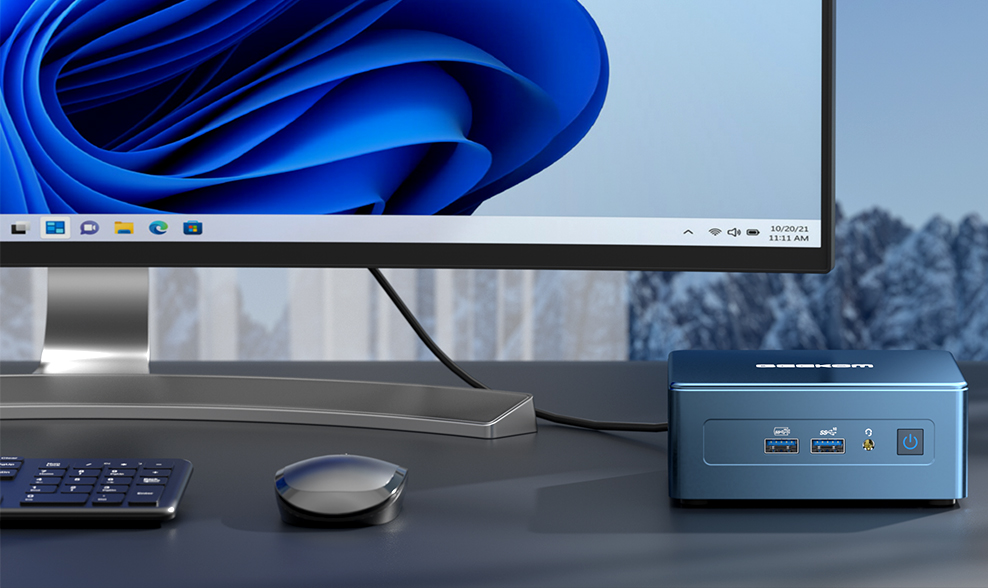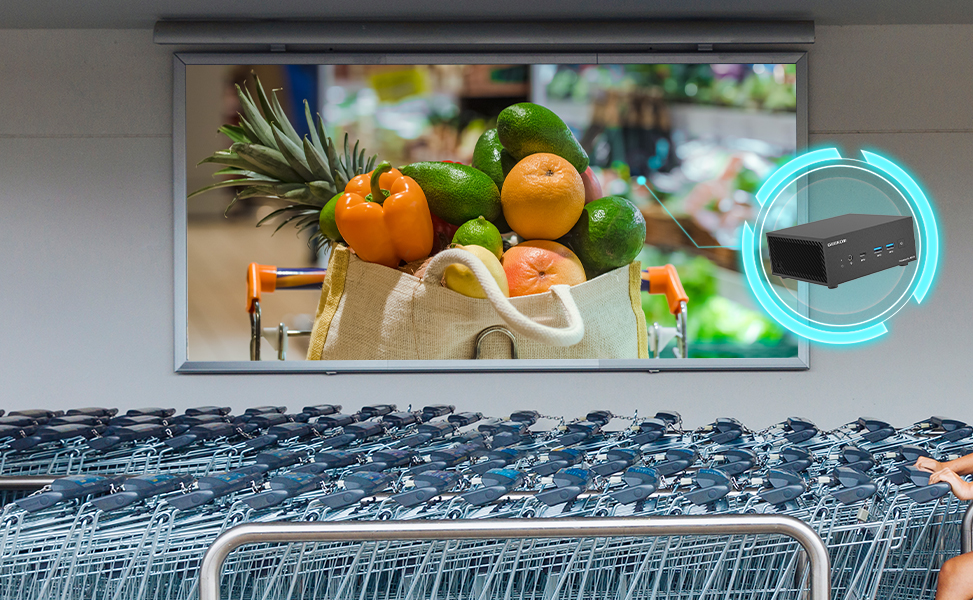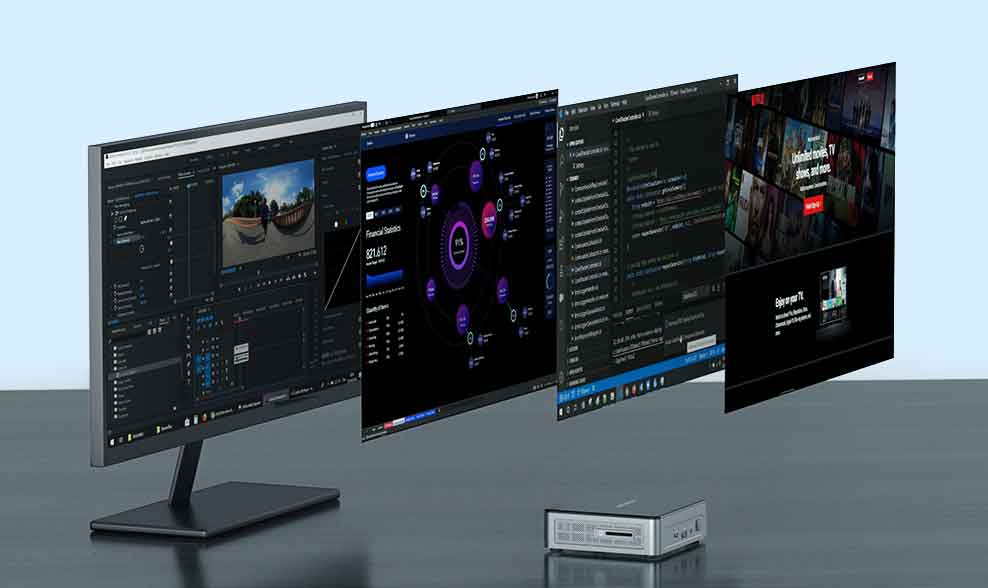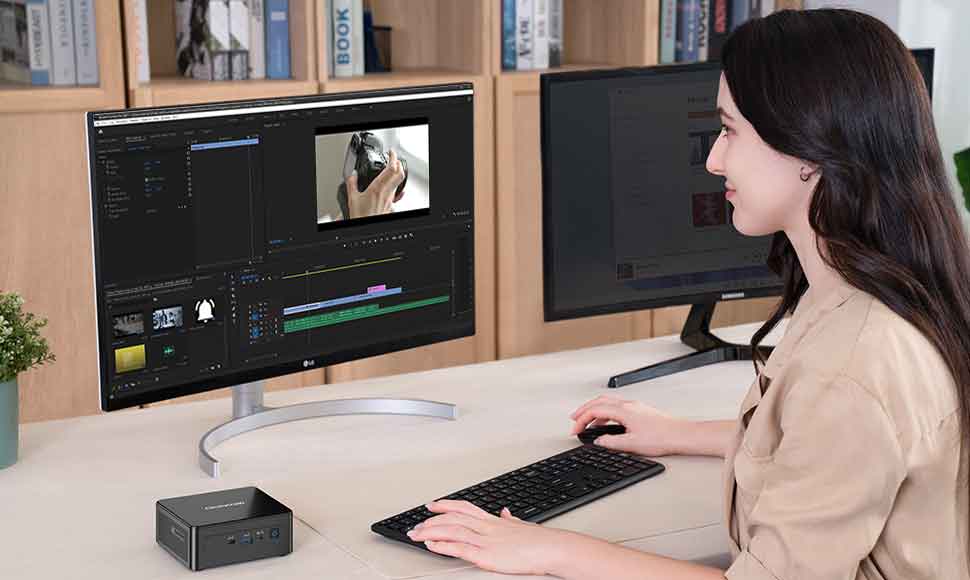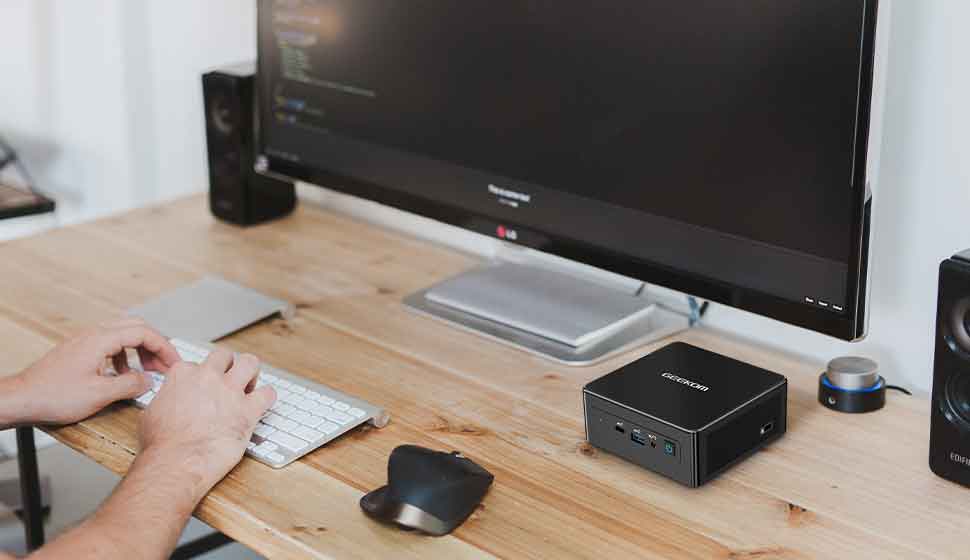With the release of Windows 11, it can be confusing to decide whether you should update your PC to Windows 11. We hope today's discussion helps you, so let's start with this Comparison of Windows 11 and Windows 10.
Advantages of Windows 11 over Windows 10
Although the most obvious differences are purely aesthetic, Microsoft's latest operating system also features significant changes in its internal functioning. If you haven't upgraded yet, you're probably wondering whether you should do it now or whether it might be better to wait.
After all, why change something that works for something you haven't even tried yet? In this article, we'll compare Windows 11 to Windows 10 so you can explore the differences in depth and decide whether it's time to jump on the latest bandwagon.
Just as Windows 10 was a free upgrade from Windows 8.1 and Windows 7, Windows 11 is a free upgrade from Windows 10. The latter only applies as long as your computer meets Microsoft's minimum requirements, which causes a lot of controversy, especially when it comes to TPM 2.0. goes.
- Learn more: Why does Windows 11 need TPM 2.0?
Performance of Windows 11 compared to Windows 10
Compared to Windows 10, Windows 11 has some potential to improve the speed of your computer. Microsoft said in a YouTube video about the Windows 11 performance benefits and optimizations spoken.
Overall, the performance benefits boil down to how the newer operating system handles the system processes that you typically see when you open Task Manager.
Microsoft says Windows 11 does a lot of work managing memory to favor the application windows you have open and running in the foreground. It should also ensure that you get more processing power compared to other system resources.
Start menu and taskbar
When you look at the differences between Windows 11 and Windows 10, the main ones are the Start menu and the taskbar.
In Windows 11, Microsoft centers the taskbar and Start menu on the screen. This makes it look a bit more like a macOS and ChromeOS. But you can also move the taskbar to the left if you want.
The Start menu in Windows 11 is a little simpler. First, you'll see a static list of apps, followed by your most frequently used documents underneath. Then you can expand your apps, scroll through the list, and pin them as you wish.
Support for external monitors and multitasking
You may have seen Microsoft's multitasking demo in Windows 11 and wondered if it will carry over to Windows 10. As far as we know, this is a Windows 11-only feature, and you won't see it in Windows 10.
In Windows 11, you can boost multitasking and system performance with Snap Layouts that group your windows and save them to the taskbar. Hover over the maximize button and you can tile windows of different sizes.
Windows 10 won't have that.
- Learn more: How to use Snap Layouts in Windows 11?
The Microsoft Store
The Windows 11 and Windows 10 App Store are based on the same design. However, the Windows 11 App Store supports Android apps through the Amazon Appstore. You won't get this in Windows 10 because Windows 11 relies on the new Windows subsystem for Android.
compatibility
For many, the difference between the two versions lies in compatibility. Windows 11 marks the first significant change in supported processors since Windows 8.1.
If you want the latest operating system, you need one Eighth generation Intel Core processor or an AMD Ryzen 2000 or newer processor (applies to both processor brands).
This prevents many computers from being officially compatible. Eighth generation Intel processors hit the market in late 2017; Ryzen 2000 chips in 2018. So if your computer is more than four years old, it's probably not compatible with Windows 11.
Which Windows operating system requires less RAM and fewer resources?
One of the problems with a PC with little RAM is the operating system, as it consumes a significant part of the memory and reduces its performance. Unfortunately, this is very typical on many computers running Windows Vista, which ultimately becomes a real problem at work.
Next, we compared Microsoft's Windows operating systems so you can see which uses more RAM. Depending on how many GB of RAM you have, how big the CPU is, and whether it is 32 or 64 bit, you may choose to install one system or the other.
- Learn more: How much RAM do I need?
Support and upgrade cycle
Windows 11 breaks Windows 10's semi-annual update cadence in favor of a single annual update. It's like macOS. Microsoft is committed to To support Windows 10 until 2025, and you should continue to receive updates during this time.
We're not sure if you'll continue to get featured updates twice a year, but if you want the latest and greatest version of Windows, then Windows 11 is for you.
You may also want to update to Windows 11if you want the most secure version of Windows. Microsoft has talked a lot about Windows 11 security due to TPM 2.0 requirements and Secure Boot.
Basic requirements for running Windows 11
If you want to run Windows 11, your system must meet Microsoft's minimum requirements.
Processor: 1 GHz or faster, with two or more cores on a 64-bit compatible chip or system on a chip (SoC). It can be an 8th generation Intel processor or higher, or an AMD Ryzen 2000 series processor or higher.
random access memory: 4GB. If your computer has less than 4GB, you can add additional RAM.
Storage: 64GB or more.
System firmware: UEFI with secure boot features.
TPM: Version 2.0.
graphic card: DirectX 12 or later with WDDM 2.0 driver.
display: High-definition monitor (720p) over 9 inches diagonal, 8 bits per color channel.
Internet: Windows 11 Home Edition requires an internet connection and a Microsoft account.
Windows 11 runs well on some mini PCs
If you're thinking about buying a mini PC, you might be wondering whether it's compatible with the latest version of Windows. Fortunately, the answer is an absolute yes.
Although mini PCs are much smaller than desktop PCs, they function similarly to a traditional computer. With Windows 11 you can run more of your favorite software and apps.
In many cases we do not have the opportunity to use a traditional computer and in these cases mini PCs are positioned as an alternative to these computers. The reasons? They allow you to save space on your desk while maintaining the connectivity and services you may need without investing a lot of money.
The way things are going in today's PC market, you should consider upgrading your PC system to Windows 11, or better yet, one Mini PC with Windows 11 to buy that is immediately ready for use. Whether for office, home entertainment or other applications, such a perfect combination of advanced system and computer will meet the computing needs of the vast majority of people.

